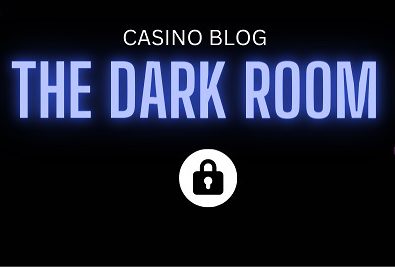 Las Vegas has a way of calling to people. Sometimes loudly. Sometimes like a whisper you feel more than hear. For Mark Dalton, a long-time casual gambler from Chicago, the call arrived at a moment when life felt stuck. He wasn’t spiraling, but he wasn’t moving forward either. He booked a holiday to Las Vegas hoping for excitement, a little luck, and maybe a few good stories to bring home. What he didn’t expect was the moment of clarity that would reshape the way he viewed gambling — and his future.
Las Vegas has a way of calling to people. Sometimes loudly. Sometimes like a whisper you feel more than hear. For Mark Dalton, a long-time casual gambler from Chicago, the call arrived at a moment when life felt stuck. He wasn’t spiraling, but he wasn’t moving forward either. He booked a holiday to Las Vegas hoping for excitement, a little luck, and maybe a few good stories to bring home. What he didn’t expect was the moment of clarity that would reshape the way he viewed gambling — and his future.
Mark had always enjoyed the game. Blackjack, especially. A clean mix of chance and logic. The Strip welcomed him with blazing neon, the kind that hits you in the chest before you even step off the plane. For a gambler, Las Vegas is more than a destination. It’s a living thing. Pulsing. Daring you to test yourself.
His first night was electric. He won early. Small wins, but enough to lift him, enough to make him feel like the city was choosing him. Many gamblers know that feeling — the early rush that whispers, *Tonight’s your night.* Mark rode it. Chips stacked. Drinks poured. Time blurred.
But on the second night, everything shifted.
He sat at a quiet blackjack table in a hotel slightly off the main strip, a place with carpet older than some casinos themselves. The dealer was an older man with slow movements and steady eyes. The kind of person who’s seen every kind of gambler walk in and out.
Mark lost a few hands. Nothing dramatic. Just the usual ebb of luck. But then came a streak. A long one. Not brutal, just oddly consistent. The kind that drains you slowly instead of knocking you out in a single blow. He felt frustration rising, but the old dealer simply smiled and said something that stuck with him:
“The game isn’t here to beat you. It’s here to show you how you handle losing.”
It hit him harder than any card on the table.
Mark paused. He watched the dealer shuffle — slow, methodical, deliberate — and he suddenly realized something he had never considered. Gambling wasn’t teaching him about money. It was teaching him about himself.
He’d spent years chasing outcomes. Wins. Promotions. Goals he never stopped to understand. He was always betting on something, but rarely taking the time to see the pattern of his own decisions. That night in Vegas, he realized that life had the same habits as a casino: unpredictable, exciting, but revealing if you paid attention.
He cashed out early. Not because he was defeated, but because he saw the lesson. You can’t control the shuffle, but you can control how you respond to the cards.
Over the next few days of his holiday, Mark walked the Strip with a different energy. He wasn’t chasing luck anymore. He was studying it. Observing people. Watching patterns. Understanding how many of us try to outrun uncertainty instead of learning to work with it.
When he returned home, he didn’t swear off gambling. He didn’t need to. Instead, he changed the way he approached it — and everything else. He made smarter choices. Slower ones. More deliberate ones. Like the dealer shuffling with patient hands, he learned that consistency beats impulse.
Las Vegas didn’t give Mark the win he expected. It gave him something better: perspective. And sometimes, that’s the most valuable jackpot of all.
Photo: Freepik



